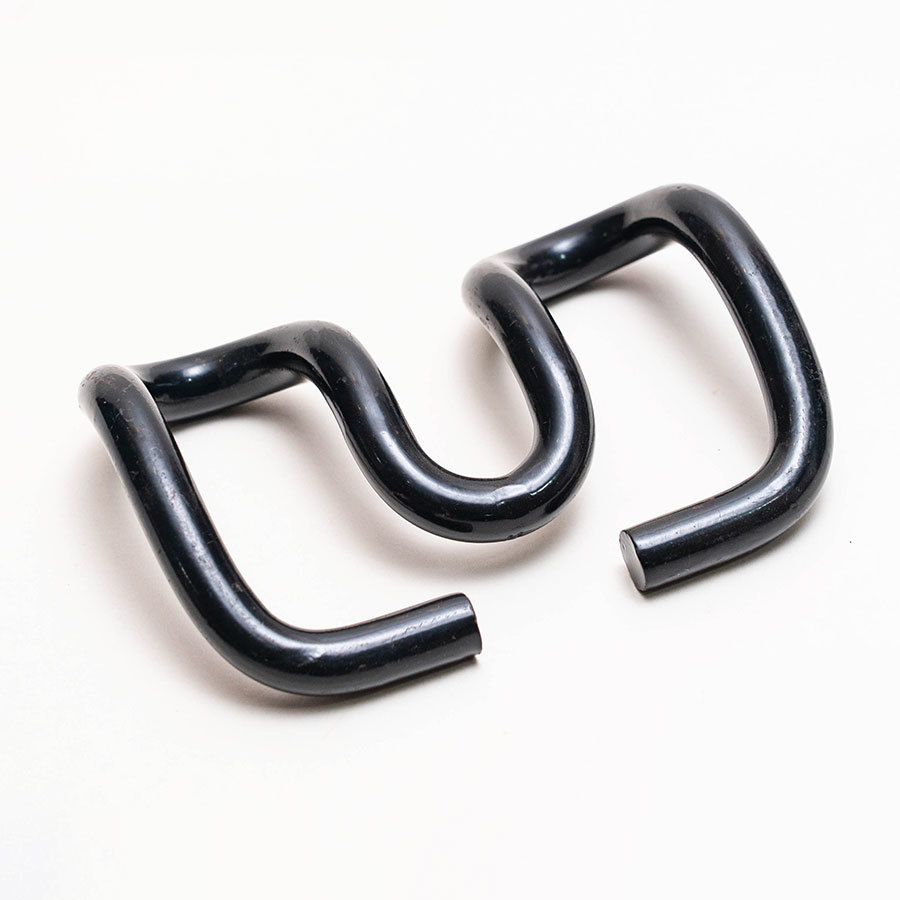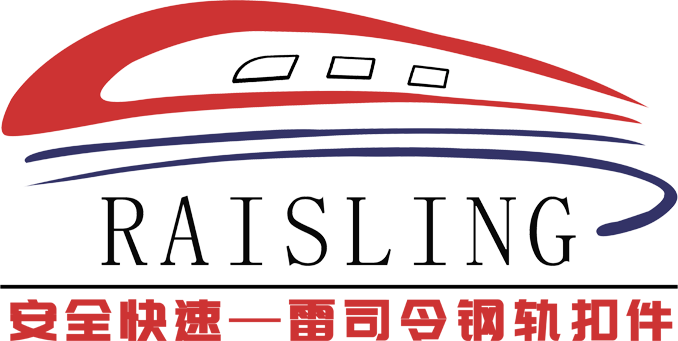-
ProductsAt present, the company has the ability to produce 50000 tons of rail buckle accessories annually. The product series includes various specifications of spring bars Gauge baffles, switch special pads, joint clamps for 43kg, 50kg, 60kg steel rails, various export products, etc

-

-
AboutThe company was established in 1994 and is a production enterprise specializing in the research and development, production, and sales of railway line specific accessories

Understanding Railway Stud Bolts: Essential Fasteners in Industrial Applications
May 25,2025
Railway stud bolts are essential fasteners commonly used in the construction and maintenance of railway systems. They play a critical role in providing secure connections between different components, ensuring the structural integrity and safety of railway infrastructure. Understanding the characteristics and applications of railway stud bolts is vital for professionals in the industrial equipment

Typically, railway stud bolts are characterized by their robust design, which allows them to withstand significant loads and environmental conditions. These bolts come in various sizes and specifications, tailored to meet the stringent demands of railway applications. One key feature of railway stud bolts is their capability to resist corrosion, making them suitable for outdoor use and in environments exposed to moisture, chemicals, and other corrosive elements.
The manufacturing process of railway stud bolts usually involves high-strength materials such as carbon steel or alloy steel. These materials are chosen for their durability and ability to maintain performance under high-stress conditions. Additionally, the bolts often undergo heat treatment processes to enhance their mechanical properties, ensuring that they can endure the dynamic forces experienced during train operations.
In terms of installation, railway stud bolts typically require specific torque settings to guarantee a secure fit. Proper installation is crucial, as it affects the overall safety and efficiency of the railway system. Professionals must also consider the use of appropriate washers and nuts to accompany the bolts, as these components work together to distribute loads evenly and prevent loosening over time.
Railway stud bolts are versatile and can be used in various applications beyond the railway sector. They are commonly found in construction, automotive, and heavy machinery industries, where reliable fastening solutions are needed. Their ability to perform well under extreme conditions makes them a preferred choice for critical applications.
Moreover, understanding the standards and specifications governing railway stud bolts is essential for compliance and safety. Various international standards outline the requirements for these fasteners, ensuring consistency and reliability across different projects and regions.
In conclusion, railway stud bolts are indispensable components in the field of industrial equipment and fasteners. Their robust design, resistance to environmental factors, and versatility across various applications make them a cornerstone of safe and efficient railway infrastructure. As the demand for reliable fastening solutions continues to grow, understanding the nuances of railway stud bolts will be increasingly important for industry professionals.
Previous:
Recommended
There is one sheet production line and two high-precision engraving machines, with an annual production capacity of 6 million railway special height adjustment pads.
Electrostatic spraying workshop
There is one electrostatic spray equipment production line and one spray paint production line, with an annual production capacity of 10,000 tons.
Contact Us
Henan Xinda Railway Equipment Co., Ltd
Fax: +86-372-2615999
Tel: +86-18567891234
Email:info@xindarail.com
Send us your request
we will get in touch with you as soon as possible
COOKIES
Our website uses cookies and similar technologies to personalize the advertising shown to you and to help you get the best experience on our website. For more information, see our Privacy & Cookie Policy
COOKIES
Our website uses cookies and similar technologies to personalize the advertising shown to you and to help you get the best experience on our website. For more information, see our Privacy & Cookie Policy
These cookies are necessary for basic functions such as payment. Standard cookies cannot be turned off and do not store any of your information.
These cookies collect information, such as how many people are using our site or which pages are popular, to help us improve the customer experience. Turning these cookies off will mean we can't collect information to improve your experience.
These cookies enable the website to provide enhanced functionality and personalization. They may be set by us or by third-party providers whose services we have added to our pages. If you do not allow these cookies, some or all of these services may not function properly.
These cookies help us understand what you are interested in so that we can show you relevant advertising on other websites. Turning these cookies off will mean we are unable to show you any personalized advertising.

